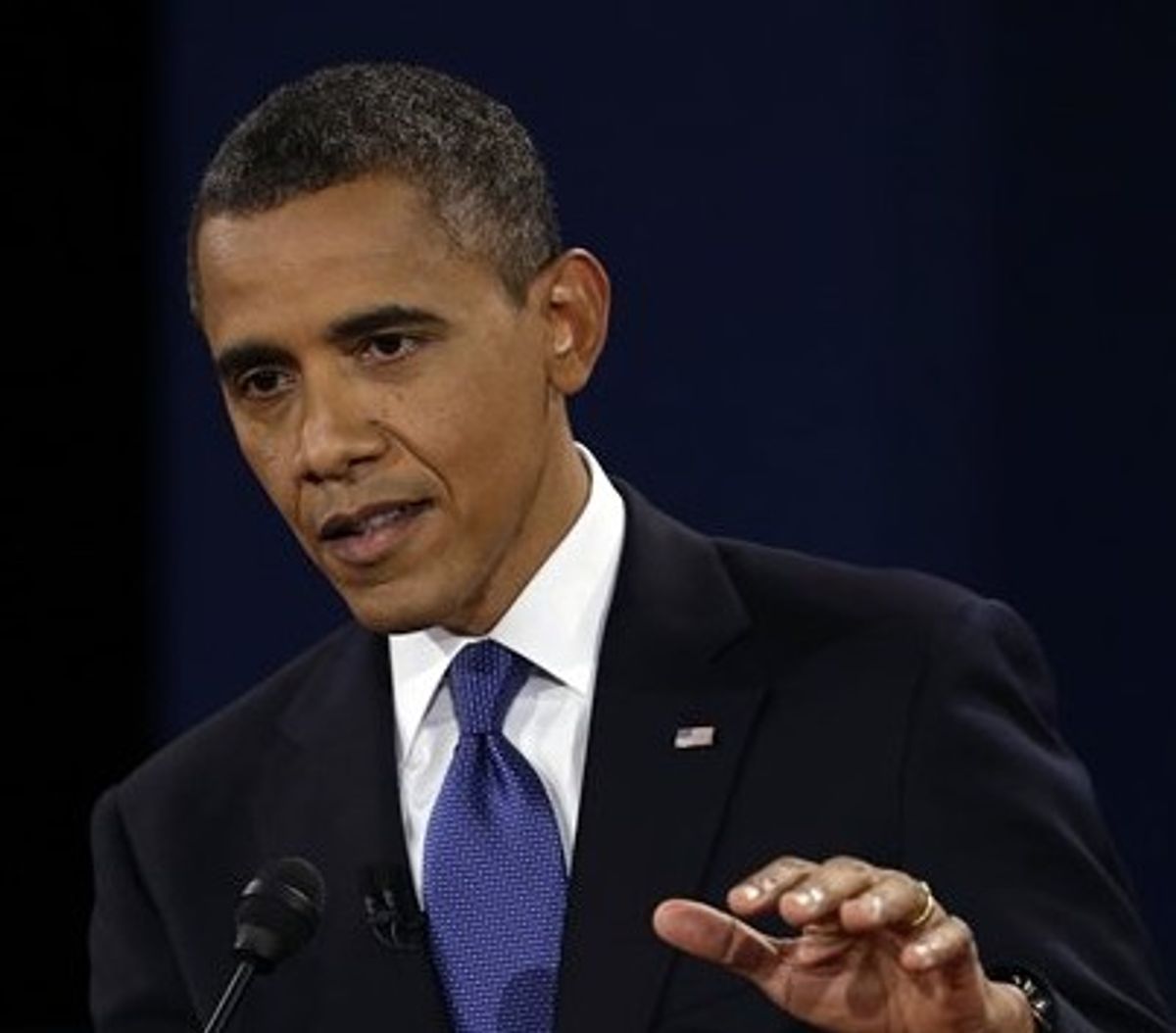When he meets with congressional leaders this Friday to begin discussions about avoiding the upcoming “fiscal cliff,” the president should make crystal clear that America faces two big economic challenges ahead: getting the economy back on track, and getting the budget deficit under control.
But the two require opposite strategies. We get the economy back on track by boosting demand through low taxes on the middle class and more government spending. We get the budget deficit under control by raising taxes and reducing government spending. (Taxes can be raised on the wealthy in the short term without harming the economy because the wealthy already spend as much as they want — that’s what it means to be rich.)
It all boils down to timing and sequencing: First, get the economy back on track. Then tackle the budget deficit.
If we do too much deficit reduction too soon, we’re in trouble. That’s why the fiscal cliff is so dangerous. The Congressional Budget Office and most independent economists say it will suck so much demand out of the economy that it will push us back into recession. That’s the austerity trap of low growth, high unemployment, and falling government revenues Europe finds itself in. We don’t want to go there.
Although the U.S. economy is picking up and unemployment trending downward, we’re still not out of the woods. So in the foreseeable future – the next six months to a year, at least — the government has to continue to spend, and the vast middle class has to keep spending as well, unimpeded by any tax increase.
But waiting too long to reduce the deficit will also harm the economy – spooking creditors and causing interest rates to rise.
This is why any “grand bargain” to avert the fiscal cliff should contain a starting trigger that begins spending cuts and any middle-class tax increases only when the economy is strong enough. I’d make that trigger two consecutive quarters of 6 percent unemployment and 3 percent economic growth.
To make sure this doesn’t become a means of avoiding deficit reduction altogether, that trigger should be built right into any “grand bargain” legislation – irrevocable unless two-thirds of the House and Senate agree, and the president signs on.
The trigger would reassure creditors we’re serious about getting our fiscal house in order. And it would allow us to achieve our two goals in the right sequence – getting the economy back on track, and then getting the budget deficit under control. It’s sensible and doable. But will Congress and the president do it?



Shares